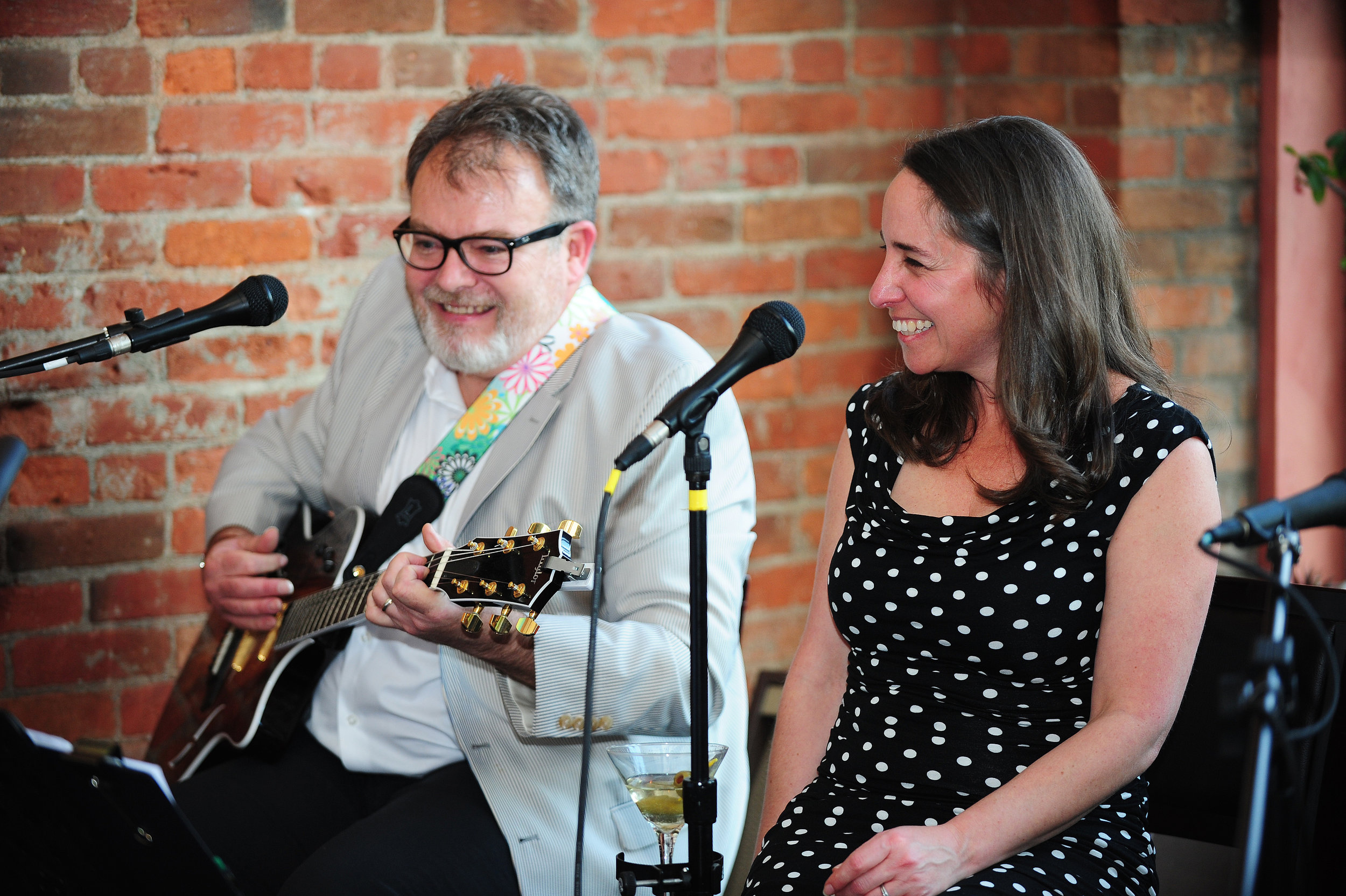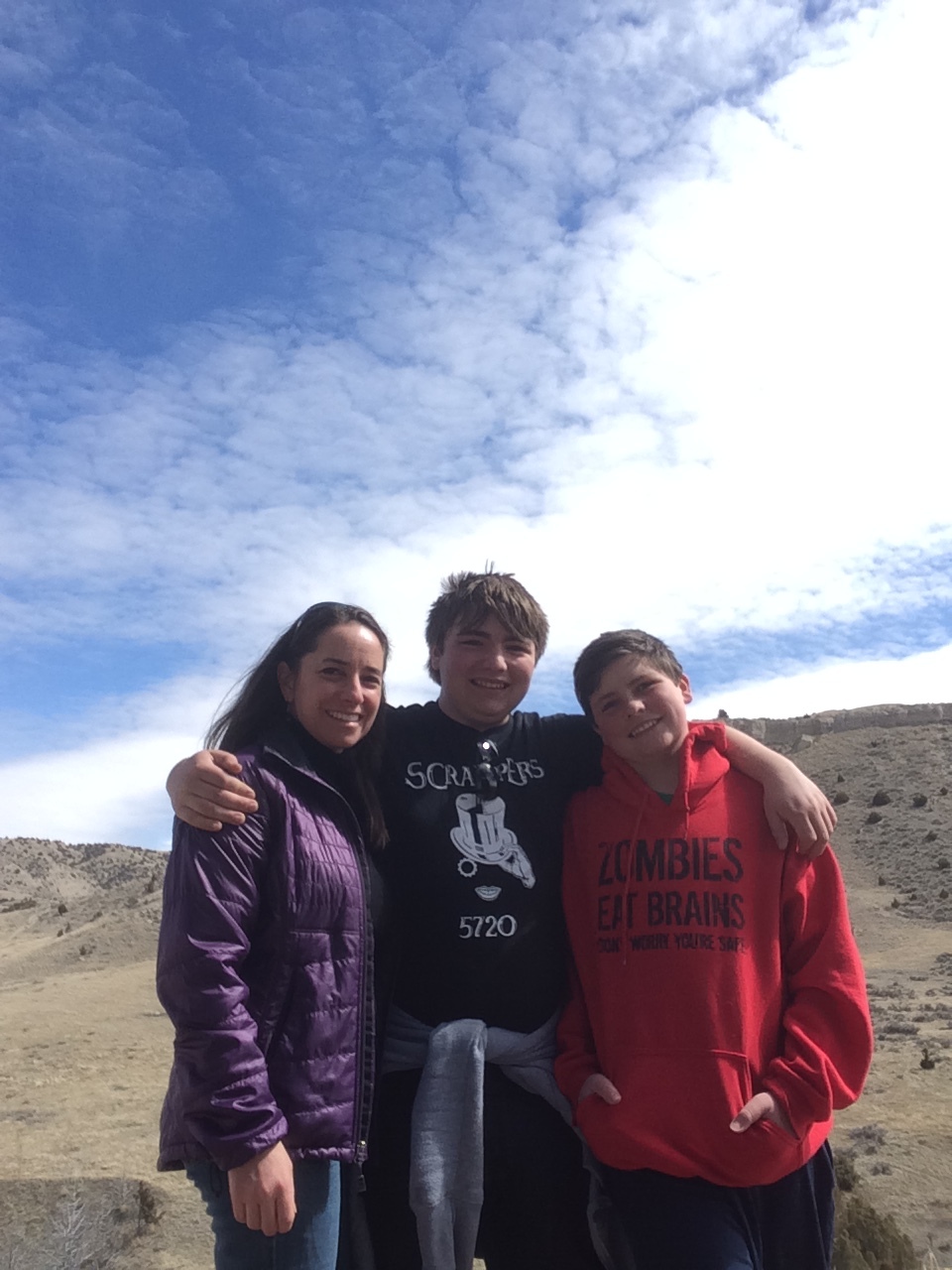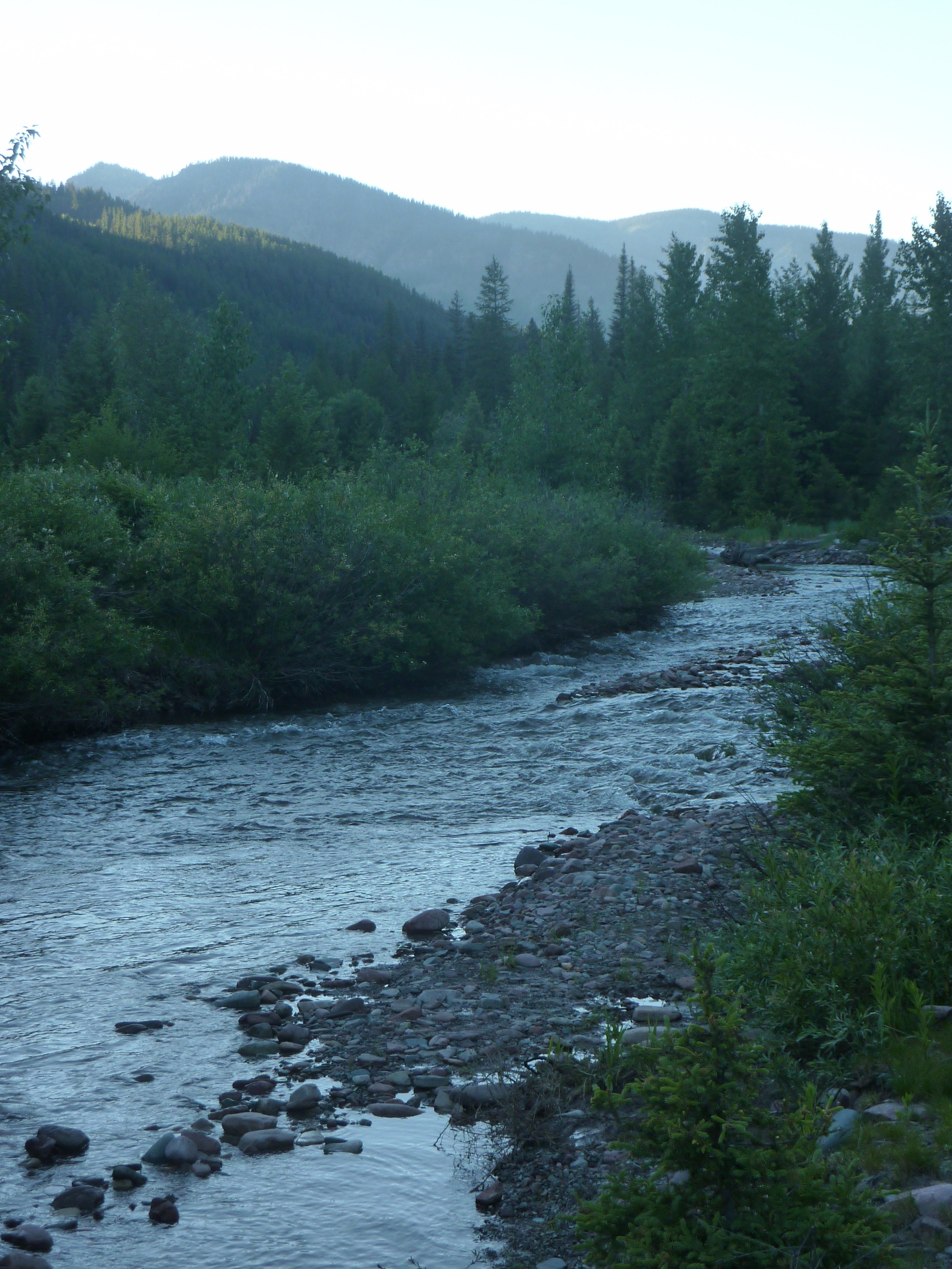I was so excited to start working on some of the ideas I had, and to apply what I had learned, I actually arrived early to work the morning I returned from the conference. That's a big deal for me; I love to sleep and rarely choose to get up any earlier than I have to. But that morning was different. That week would be different. My JOB would be different. I was on fire.
The conference had been full of great topics, from sales to leadership, from marketing to financial analysis. The keynote session and the breakout session hosted by the keynote speaker were my favorites. The topics were marketing, and he drilled down in the breakout session to help us work through some his strategies to apply them to our specific goals. He reminded me why I loved that class when I was going through my undergraduate business program. His excitement for the planning process, implementation, and follow up analysis was contagious; I couldn't wait to get back to work and start my own projects!
That Monday, I sat down at my desk and penciled in time on my busy calendar to work on a formal marketing plan. When I started that job just four months before, I dove right in and didn’t give myself any opportunity to think through a strategy to market the hotel. It’s as if I had forgotten all of what I had learned in school.
I thought that giving myself a set amount of time, maybe 30 minutes each day would get me to where I wanted to be. I started first thing that morning by looking at available online templates for a marketing plan that would fit the needs of the hotel, and selected a simple but solid format to download. My boss walked in as I was saving it; he was surprised to see me already settled into my day, earlier than usual. In an uneasy, suspicious, fake-happy tone, he asked me:
“What are you so happily working on first thing this morning?”
"You know that break-out session I went to at the conference last week? The one on marketing plans and implementation? I'm working on a marketing plan for us, to formalize some of what I've been doing, to make it easier to budget and measure the success of what we're doing here. We can’t possibly analyze whether what we’re spending money on in advertisement is working unless we find a way to measure it, right? I've been so busy since I started my job here, trying to make sales and get people in the door, I completely forgot how important this tool can be!"
He had no idea what I was talking about, and erupted at me: “Why do we need a marketing plan? You should be pounding the pavement. Didn't we have this conversation, that you need to spend less time onsite and more time selling?”
In less than ten seconds, my boss had me nearly deflated. I didn't give up, though, because I knew I was on the right track. Every time I had 15 minutes alone in the office, I worked on that marketing plan. I knew I needed the document to help me stay on track and see the results of my efforts at that job. In my optimistic mind, when I presented the finished product to my boss, he'd appreciate it -- he'd realized why we needed it.
I'll save the results of that work for another blog post; let's just say it wasn't pretty.
I tried to keep my enthusiasm that week and the next. Interactions with staff included some discussion of things I learned and ideas I wanted to share; some were motivated to work on them. Most just nodded and smiled, assuming the ideas would go away and they could get back to their routines without having to work too hard.
Within two weeks, I may as well have not gone to that conference at all. I had an after-conference hangover.
I had been all excited, full of motivation and ambition for my job when I returned from the conference, but because my boss didn’t understand the “why” behind my project ideas, my colleagues hadn’t been to the conference and hadn’t experienced the camaraderie and enthusiasm of the other participants and the speakers, and because I had zero support at work for implementation of new ideas, all of that excitement and motivation just *poof* disappeared.
What a waste of time, money, and, well, ME.
Granted, my boss wasn’t great at his job and it wasn’t a good work environment in general, but aren’t there things I could have done to prevent the deflation of my enthusiasm, if I knew in advance it was likely to happen?
I am a big believer in attending face-to-face conferences and events, especially when you’re particular about the types of events you attend. There is nothing like that face-to-face learning and interaction with others in your industry or simply with people who have similar motivation and ambition - regardless of industry.
Every event is an opportunity to improve yourself, and not just to gain skills for your current job, so how do we make the most of these conferences? And, more importantly, how do we keep our enthusiasm when we’re faced with little to no support and encouragement when we go home and back to our routines?
I have a few strategies that I’ve used in recent years and have found them to be effective when I’m consistent with them:
First - During a conference, I don’t try to meet as many people as possible - I try to meet a handful of people and get to know them well. Believe it or not, I am actually kind of shy, so this isn’t as easy as it sounds!
I make sure to attend meals and sit at tables with people I don’t know. There are a few good stories I know I can share to make people laugh, especially when I’m in a big city outside of Montana. People are always curious about Montana, so that’s a great topic to start with. And then I simply ask people questions like:
Where do you live?
Did you grow up there?
Do you have pets, kids?
Did you get any good nuggets in the morning sessions you attended, anything you’re thinking of working through when you get home?
Being a bit shy doesn’t mean I don’t like to talk to people, it just means it’s not easy for me to walk into a roomful of strangers and start talking to them. The one thing that always works for me is curiosity. When I’m genuinely curious about people, they feel it and respond to that curiosity.
When I’m asking questions, I’m looking right at the person answering, making sure I catch their name, and if they have a name tag on, looking at the written letters and then at his or her face, and creating a mental image of the name with the face. That helps me remember names and some details about the conversation.
Asking those questions is a great way to know whether this person is enthusiastic and motivated by what they do. Those are the people I make special efforts to connect more deeply with.
When I attended the Government Social Media Conference in Dallas, I met dozens of really motivated, ambitious people that I liked a lot. I connected deeply with about 6 of them. More than a year later, I’m still in touch with 4 of those people and we connect periodically to catch up. Those four people continue to motivate me!
On our last day, four of us checked out of the hotel and shared a ride to a Vietnamese restaurant across town, and three of us shared a ride to the airport after that. The experience of sharing the ride, sharing food, and then enjoying a cocktail together at the airport made the connections even more sticky, more real.
Why do I pick just a handful of people to get to know well?
Because these are the people who help me avoid that after-conference hangover, that’s the other half of my strategy - to keep in contact with that handful of people.
When I return from a conference, I go straight to my calendar and schedule follow up calls with the people I connected with. I also schedule time each week to work on whatever really excited me at the conference, even if those were not directly related to my current job.
It was when I was planning the first No Longer Virtual conference in Atlanta in 2017 that this concept, the After Conference Hangover, really took shape in my mind. After many years of attending conferences and planning events, I had a lot of ideas about what I didn’t want for No Longer Virtual, and one major component was to include strategies throughout the conference to help participants avoid that after-conference hangover. That included making sure that everyone in the room had contact information for each other, and specific communication plans following the event.
Because participation is limited to 50 people, every person had the opportunity to meet the facilitators and other participants, to truly connect with each person. Think about the value of that roomful of advocates for you, your career, and your business, when you keep in contact following an event. Not only was there learning and motivation from the event itself; the relationships that were built in those 48 hours created a sustainable energy well beyond the last session.
The next time you’re investing time and money to attend a conference, think about how you’ll be able to sustain that motivation and inspiration after you get home.
If you’re intrigued by my description of No Longer Virtual events, visit my website, elkinsconsulting.com for more information.










